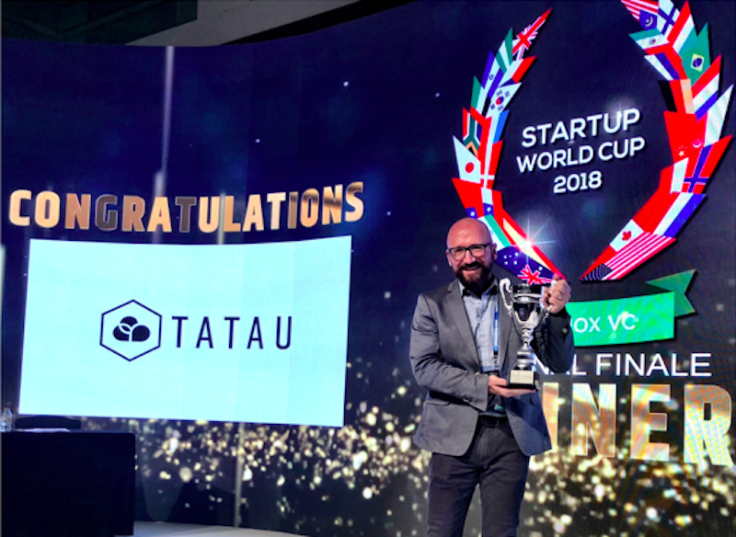A new way to accelerate AI Innovation has come to life

Few technologies garner awes and enthusiasm like the mention of artificial intelligence (AI). Now that the scary, and frankly ridiculous, notion that computers are on the verge of overtaking humanity has subsided, the incredible capabilities of AI are becoming evident.
For instance, everything from data-driven medical breakthroughs to more efficient and effective customer service is made possible by AI.
As a result, companies are pouring huge sums into AI research and development. In 2017 venture capital investment in AI technology doubled, reaching $12 billion by the end of the year. Moreover, according to Forbes, 80% of companies are investing financial and human resources into AI development.
For many companies, AI is an important component of their technological future.
With all that progress and potential, it might be surprising to realize that, in some ways, AI-driven solutions are being stymied by CPU limitations. Fortunately, a solution to these limitations just took a tremendous leap forward.
Recognizing that CPU capability alone can’t accommodate the growing AI sector, Tatau is reimagining the computational ecosystem for AI. They do so by harnessing the millions of GPU units around the world to create a blockchain-based distributed computing system that can meet the needs of the burgeoning capabilities of AI. By creating an ecosystem for GPU capabilities, Tatau is breathing new economic life into underutilized computer resources.
Today, Tatau and FaceMe, an AI startup creating a more human-like computing interface, announced a strategic partnership that will bolster AI development by improving the computing capabilities for their conversational, AI chat service.
A Life-Like AI Experience
At an enterprise level, one of AI’s most lauded features is its ability to harness technology to bolster the customer service experience. AI-powered chatbots can provide real-time support for a digital-first generation of consumers, saving companies money while providing better resources to customers. Therefore, as Business Insider reports, “80% of businesses want chatbots by 2020.”
Of course, making a computer respond to peoples’ concerns in a dynamic, human-like manner is easier envisioned than accomplished. In many cases, customers know that they are interacting with a computer, which can create a frustrating experience more akin to connecting with a phone operator than with a helpful representative of a company. This is an experience FaceMe is hoping to improve as soon as possible.
Wind of Change
Both AI and blockchain technology are enjoying a tandem rise that coalesces in several collaborative features. Computing power is only one of many attempts made by blockchain entrepreneurs to change the AI development and innovation world. There is strength in collaboration, both at the technological and enterprise level, and the fruits of that collaboration should soon begin to arrive.






